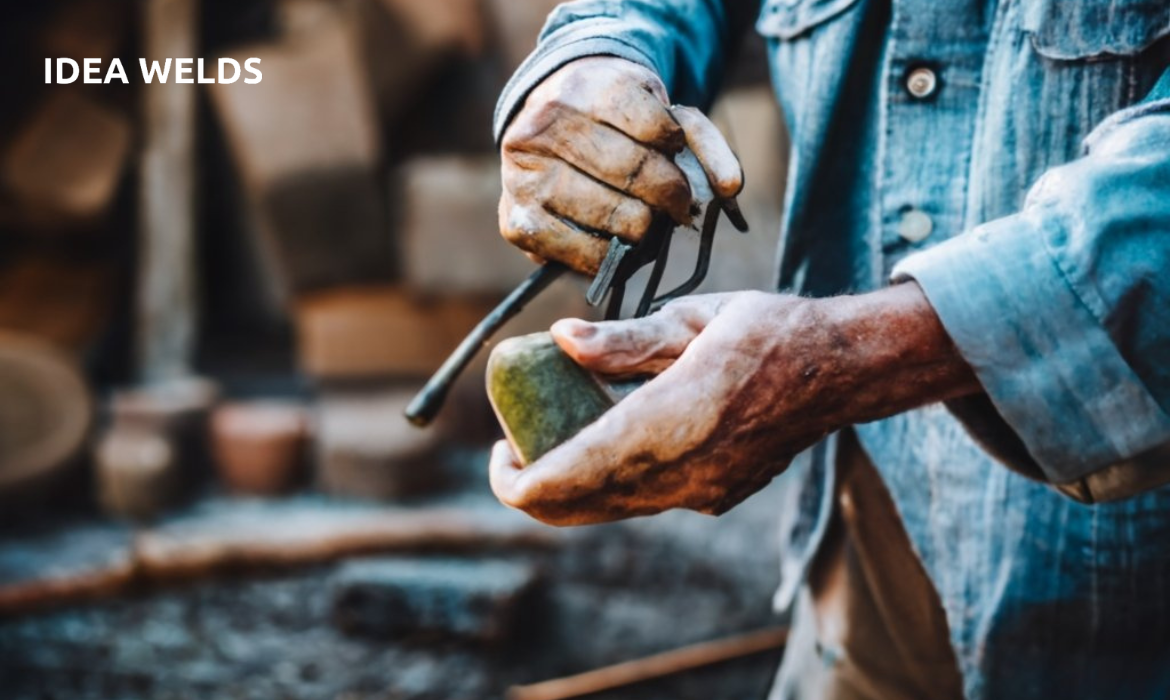Soapstone is used in welding for marking metal as it withstands heat and does not contaminate the weld. This natural stone is favored for its durability and resistance to extreme temperatures.
Soapstone, also known as steatite, is an essential tool for welders and fabricators. Its primary function is to create clear, visible lines on metals for cutting or welding purposes. The strength of soapstone against heat makes it invaluable during high-temperature applications, ensuring the marks remain visible and intact despite the intense surroundings.
Given its softness, it easily leaves marks on hard materials, which helps in precise cutting or joining of metal pieces. Its non-toxic nature ensures safety for workers and environments alike. This versatile tool also performs well under water, making it suitable for a variety of metalworking tasks. Whether in a professional fabrication workshop or in a personal garage, soapstone’s reliable marking capability is a must-have for accurate results in any welding project.

Credit: www.amazon.com

Credit: medium.com
Frequently Asked Questions For What Is Soapstone Used For In Welding
Does Soapstone Contaminate Welds?
No, soapstone does not contaminate welds; it’s commonly used for marking during welding due to its heat resistance.
What Do You Use Soapstone For?
Soapstone is mainly used for marking metal during welding and construction, providing heat resistant and visible white lines.
Why Use Soapstone Instead Of Chalk?
Soapstone resists heat better, doesn’t contaminate welds, and makes precise, durable markings.
What Is Flat Soapstone Used For?
Flat soapstone is utilized for marking metal during welding or fabrication, providing visible, heat-resistant lines.
Conclusion
Soapstone’s role in welding cannot be overstated. Its resilience against heat makes it ideal for marking metal during fabrication. As we’ve discussed, welders rely on this natural stone for precision and efficiency. Soapstone’s non-toxicity ensures safety, and its ease of use makes it a workshop staple.
For perfect welds every time, remember the trusty soapstone.
